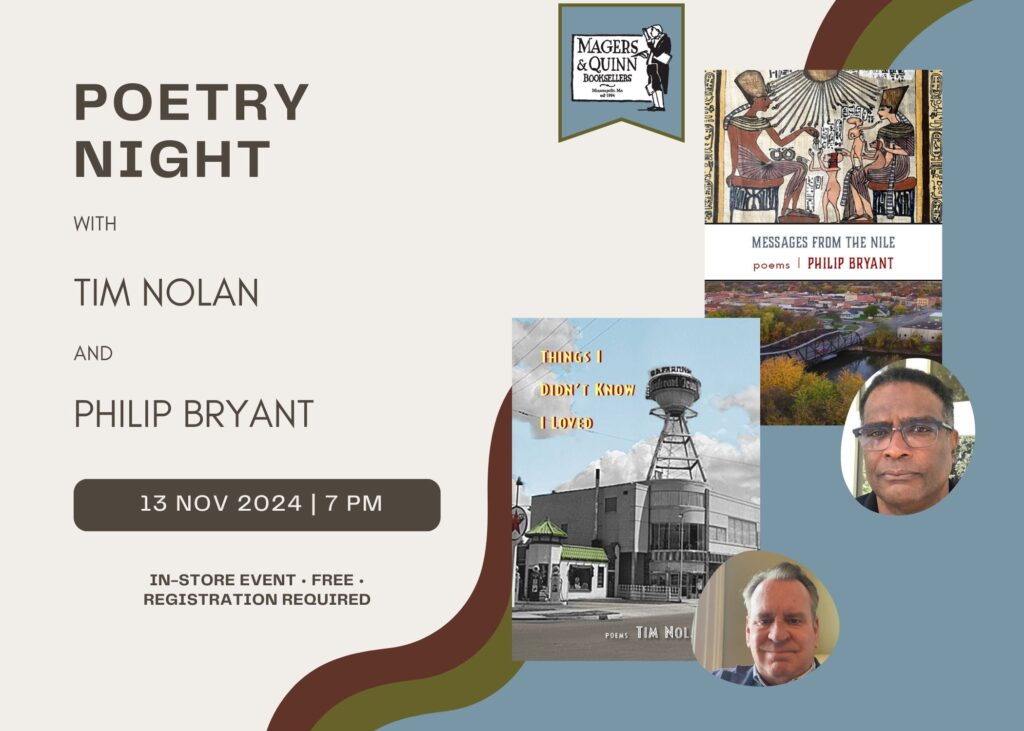
- This event has passed.
Aisha M. Beliso-De Jesús
September 5 @ 7:00 pm - 8:00 pm
Free
In 1980, Charles Wetli—a Miami-based medical examiner and self-proclaimed “cult expert” of Afro-Caribbean religions—identified what he called “excited delirium syndrome.” Soon, medical examiners began using the syndrome regularly to describe the deaths of Black men and women during interactions with police. Police and medical examiners claimed that Black people with so-called excited delirium exhibited superhuman strength induced from narcotics abuse. It was fatal heart failure that killed them, examiners said, not forceful police restraints. In Excited Delirium, Aisha M. Beliso-De Jesús examines this fabricated medical diagnosis and its use to justify and erase police violence against Black and Brown communities. Exposing excited delirium syndrome’s flawed diagnostic criteria, she outlines its inextricable ties to the criminalization of Afro-Latiné religions. Beliso-De Jesús demonstrates that it is yet a further example of the systemic racism that pervades law enforcement in which the culpability for state violence is shifted from the state onto its victims. In so doing, she furthers understanding of the complex layers of medicalized state-sanctioned violence against people of color in the United States.
Aisha M. Beliso-De Jesús, Ph.D. is a cultural and social anthropologist who has conducted ethnographic research with Santería practitioners in Cuba and the United States, and police officers and Black and Brown communities affected by police violence in the United States. Her research and teaching span the Caribbean, Latin America, Africa, and Afro-Latinx circulations. Dr. Beliso- De Jesús’ work contributes to cultural and media studies, anthropology of religion, critical race studies, Black and Latinx transnational feminist and queer theory, African diaspora religions, and studies on police and militarization.
Her first book, Electric Santería: Racial and Sexual Assemblages of Transnational Religion (Columbia University Press, 2015) won the 2015 Albert J. Raboteau Award for Best book in Africana Religions. It details the transnational experience of Santería in which racialized and gendered spirits, deities, priests, and religious travelers remake local, national, and political boundaries and actively reconfigure notions of technology and transnationalism. She is completing a book, Zombie Patrol: Policing African Diaspora Religions which examines the criminalization and racialization of Black and Brown religions in the U.S. Dr. Beliso- De Jesús is also currently launching a team-based ethnographic research project on police use of force in New Orleans, LA funded by the National Science Foundation.
Her publications include articles in American Ethnologist, Cultural Anthropology, Signs, the Journal of Africana Religions, and the Journal of the American Academy of Religion. She comes to Princeton after eight years at Harvard Divinity School where she was Professor of African American Religions and member of the Cuba Policy Committee at the David Rockefeller Center for Latin American Studies, a faculty member of the Weatherhead Center for International Affairs, and the Safra Center for Ethics.
Dr. Beliso- De Jesús is the co-founder of the Center for Transnational Policing (CTP)(Link is external) at Princeton University, and associate editor of Transforming Anthropology, the flagship journal for the Association of Black Anthropologists. For over twenty years, she has worked with numerous grassroots, public policy, substance abuse, and other nonprofit organizations in the San Francisco Bay Area advocating social justice issues, teen-parent support, alternative healing approaches for Latinx communities, and empowerment strategies for youth of color.
Michael L. Walker earned his Ph.D. in 2014 from the University of California-Riverside. In 2017 he joined the University of Minnesota-Twin Cities where he is the Beverly and Richard Fink Professor in Liberal Arts in the Department of Sociology. He is the author of Indefinite: Doing Time in Jail which won the 2022 C. Wright Mills Book Award and the Charles H. Cooley Award for Best Recent Book. Walker’s research focuses on social interaction, social exchange, punishment, identities, time, and race relations. His current project is a book length examination of the socioemotional landscape of law enforcement work.



